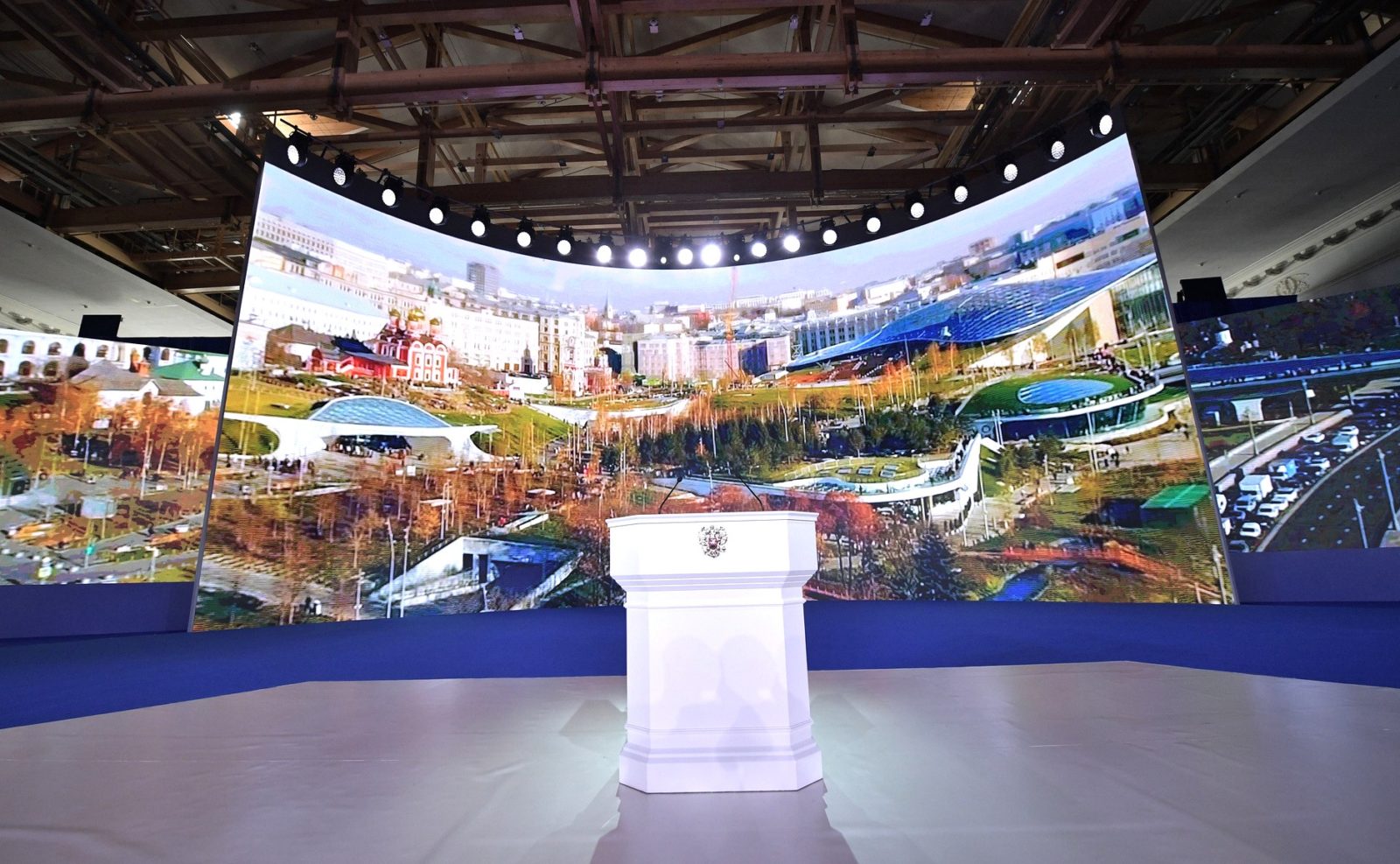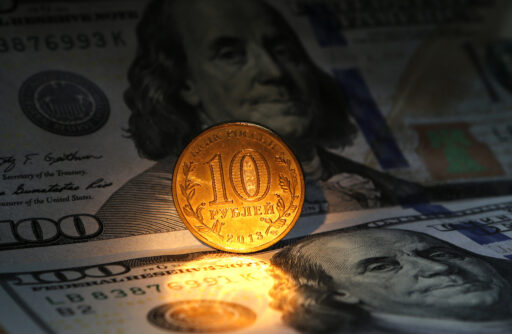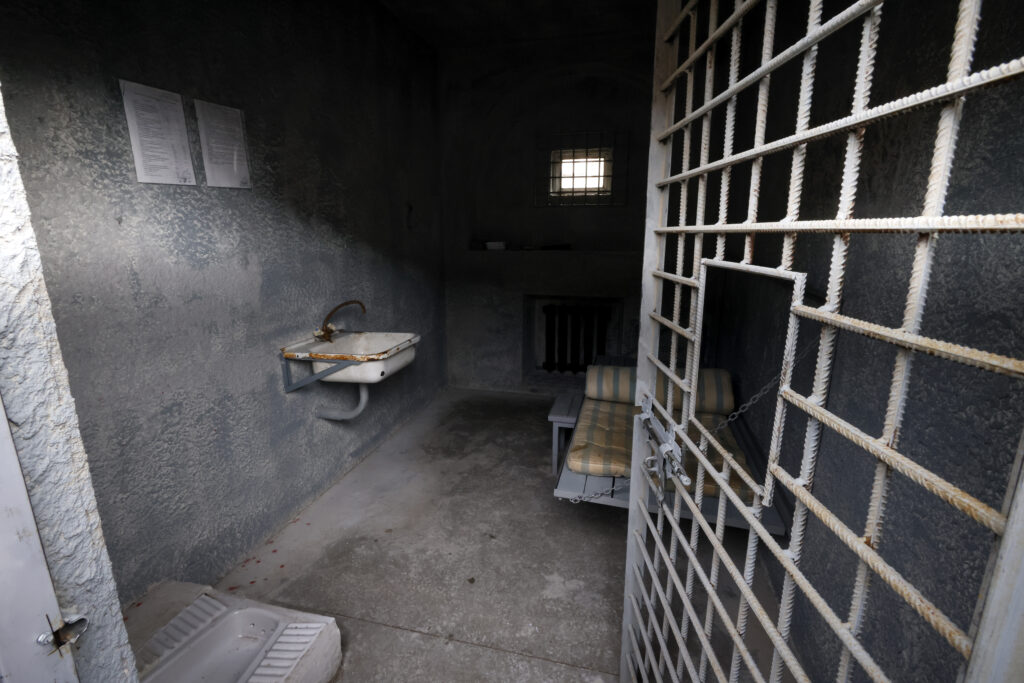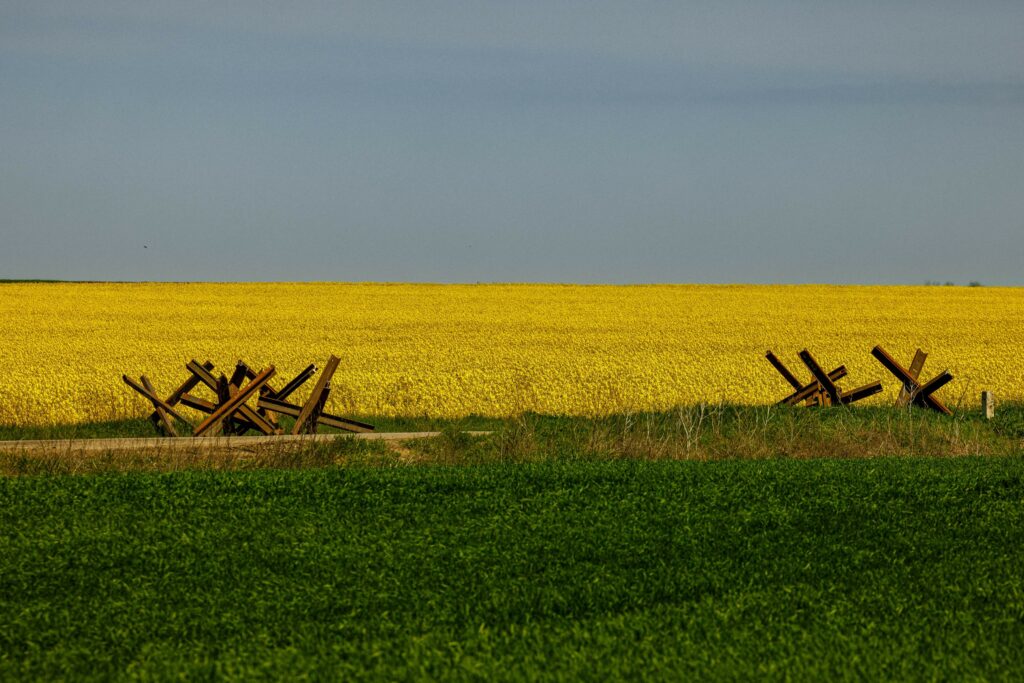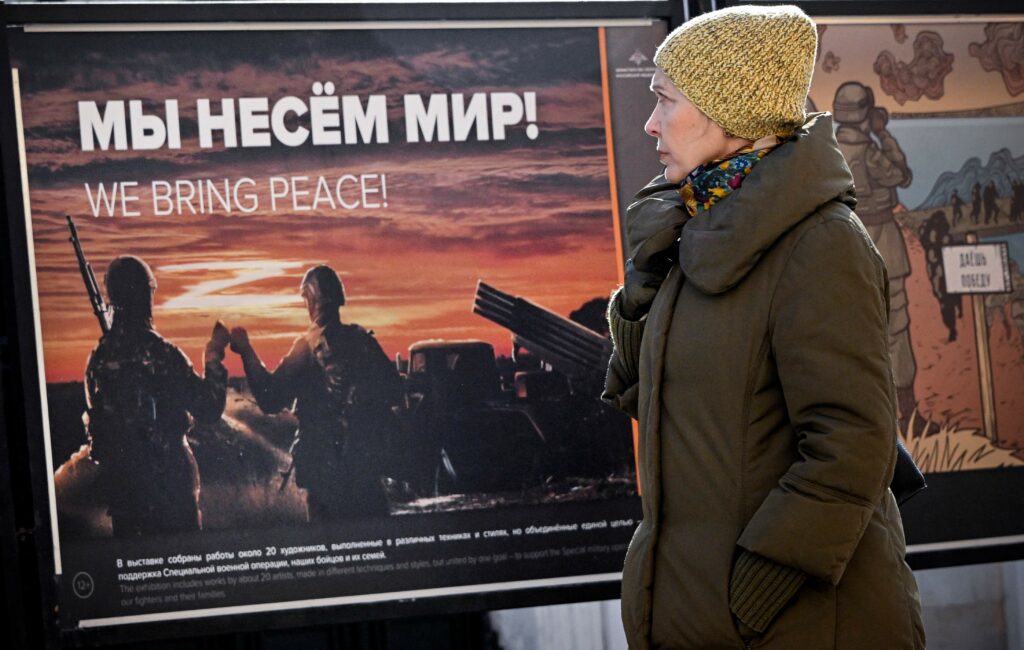Depending on the wording of the question, between 67% and 83% of Russians today take pride in their country. The lower figure is for pride in “today’s Russia,” despite all of its problems and faults. The higher figure represents answers referring to pride in the country in general, irrespective of specific events. This is not so much an assessment of the current moment, but rather an expression of a feeling of belonging, of the respondent’s identification with the country.
Both indicators have been high during the last four years. There was a sharp upsurge in 2014, immediately following Russia’s annexation of Crimea (we are going to refer to this event in one way or another below).
Speaking of figures: When pride in Russia exceeds 70%, we can conclude that it is more or less evenly distributed in all segments of the population. The higher the figure, the smaller the variations. Still, the feeling is weaker among Muscovites, people with higher education, readers and viewers of independent media; though they are generally proud of their country as well.
What are Russians proud of?
Opinion polls provide an insight into what exactly Russians are proud of about their country. First of all, they are proud of its beautiful nature and rich history (40%), as well as its mighty armed forces (37%). Achievements in sports and science, not to mention the economy, are brought up much less frequently. After all, there are not so many accomplishments in these fields, not to mention that the authenticity of recent feats at the Sochi Olympics has been undermined by numerous cases of doping, which makes a feeling of shame rather than pride more appropriate.
According to another survey, Russians take pride in their country because of the following historical events: the victory of the USSR in the Great Patriotic War; Crimea joining Russia (not in the days of Catherine the Great but in 2014, under Vladimir Putin); as well as space exploration. Of these three cases, only one event took place in recent history; the other two are a legacy of the past, of a different country. Thus, only “the return of Crimea” is perceived as a new development to be proud of.
A lot has been written about the reason why the “return” of the Black Sea peninsula is perceived as a foreign policy success. Let us reiterate the most important points. The fact of the matter is that this event was presented in the Russian media and understood by the majority of the population as a symbol of the revival of Russia as a superpower, for the first time since the collapse of the Soviet Union. Participants in focus group interviews conducted by the author and his colleagues from the Levada Center repeatedly said: Despite criticism from the West, by incorporating Crimea, “we bared our teeth,” “we forced them to respect us” and “we made the West reckon with Russia.” Earlier, “Putin only spoke of the greatness of the country.” Having incorporated Crimea, he “turned words into deeds,” according to respondents.
The Superpower Complex
References to the West (primarily the U.S.) play an extremely important role in the set of ideas of Russian greatness. Only in comparison to the leading global superpower can one feel equally important. Interestingly, participants in group discussions most frequently explained American hatred towards Russia (more than two-thirds of the population are confident to some degree that such hatred exists) by the fact that the Americans believe Russia is the only country that can undermine American supremacy. It doesn’t really matter whether the Americans think so – they most likely do not, or at least they didn’t a few years ago. What matters is that such a perception of Americans’ feelings is a necessary prerequisite for Russians to boost their own pride.
Harking back to the Soviet era has turned out to be another important aspect. The awareness that our country was one of the two geopolitical poles in the entire world in those days is one of the main sources of nostalgia for the Soviet Union. The unexpected loss of this status in the 1990s, which the Russian population largely has not come to terms with, created enormous discomfort. An inferiority complex developed among a considerable proportion of ordinary people and – even more importantly – members of the Russian elite. The deficit of respect and recognition from the leaders and peoples of other states could not be compensated for by participation in international institutions on new terms, equal for all. This deficit calls for the achievement of ambitions, and acknowledgement.
Polls indicate that the simplest and fastest way to satisfy great-power ambitions and the need for self-respect is for a country to go to war. This comes as no surprise, since “small, victorious wars” have often been used in history to boost patriotic feelings. It is amazing how vividly this is reflected in regular polls. Thus, the peaks of confidencethat Russia was a “great superpower” were observed in 2000, 2009 and 2014 – 53%, 61% and 65%, respectively. These surveys came in the aftermath of the war in Yugoslavia, the Russo-Georgian War and the incorporation of Crimea. It is noteworthy that all of these conflicts were interpreted by the population precisely as conflicts between Russia and the West (led by the U.S. and NATO). Notably, these are also the periods of the highest approval ratings of the Russian authorities.
Interestingly, over the past 15 years, not only has the perception of Russia’s role changed, but also the perception of other countries’ roles. Thus, in 2002, the top three countries listed by Russians as “great superpowers” were the U.S. (61% of respondents), Russia (42%) and Japan (41%). In March 2016, Russia ranked first (64% of respondents), followed by China (48% compared to 24% in the previous poll) and the U.S. (46%). The entire geopolitical picture has undergone serious changes in Russians’ eyes. Whether these beliefs are justified is a different question.
The doubters
Today, 72% of Russians believe that our country is a great superpower. This means that these attitudes are more or less evenly distributed among all segments of society. However, Muscovites and individuals with higher education are slightly more skeptical. If we analyze previous polls, the poorest citizens often become skeptical, too. Indeed, if you have an empty wallet and an empty fridge, it’s harder to believe in the greatness of your country.
Currently, against the backdrop of a certain post-crisis economic rebound and adaptation to the new economic reality (moderate growth in positive outlooks can be observed over the last 18 months), disadvantaged citizens today are more complacent than usual. As is the population of the country as a whole. In this respect, the perception of one’s own country as a great superpower can be regarded as one of the indicators of social optimism. We can assume that the number of people confident in the greatness of their country may deteriorate if the Russian authorities fail to maintain socioeconomic stability.
Doubts about the country’s ability to live up to its great-power ambitions are limited to small circles of “advanced” segments of the population (experts, political activists and intellectuals). Their opinions dissipate in the mass of numerous voices during nationwide surveys, and can be identified only during special studies. For instance, a survey among the expert community of the All-Russian Civic Forum discovered that the following opinion is most widespread in this milieu: Of all the characteristics that a “well-developed and advanced country” should possess, Russia can boast only of “military might and nuclear weapons.” However, expert opinions and popular views are two different things, and we should not mistake one for the other. We should keep that in mind.
